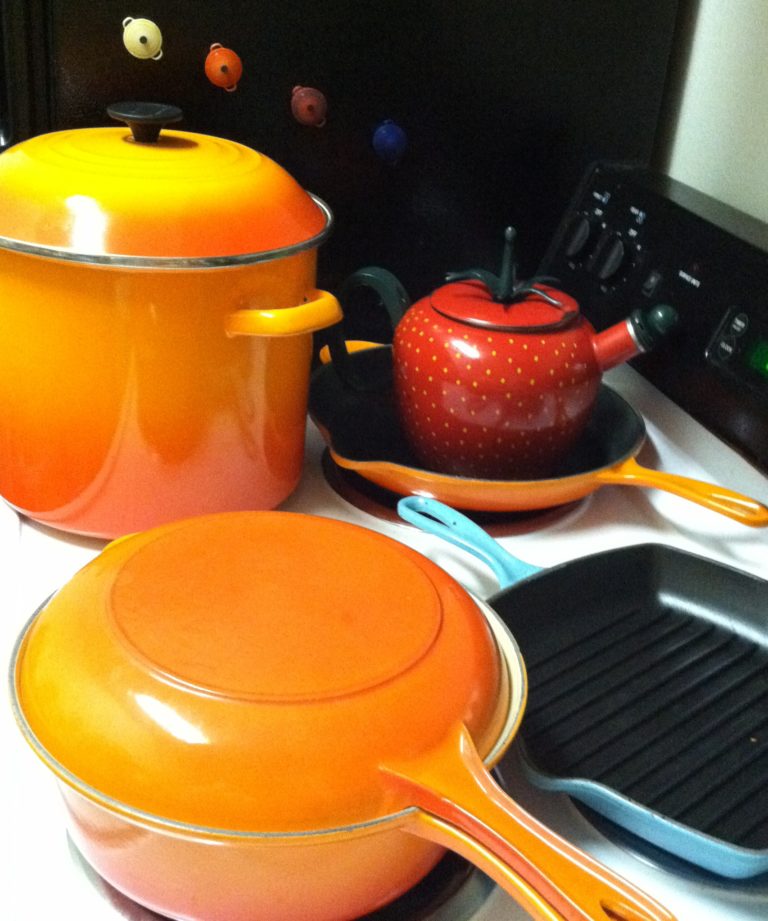Antioxidant Rich Sports Drink by Elizabeth Brown, MS, RD
 Cluain Meala What is the rational for Sports Drinks?
Cluain Meala What is the rational for Sports Drinks?
1/2 cup (4 oz) Deep purple, red or blue juice + 1/2 cup water + 1/8 tsp sea salt (276 mg Sodium)
Serving size 8 oz. (237 grams) 66 calories, 14g carbs, 283mg Na, 145mg Potassium
Oral Rehydration Drink
1/4 cup Purple Juice + 6 oz water + 1/8 tsp sea salt
7g carbs, 276 mg sodium, 73 mg Potassium
Basic Sports Drink
8 oz water
1 Tbsp Molasses (12.5g carbs/ Tbsp)
1/8 tsp sea salt
1 Tbsp lemon juice (added as a potassium source)
Yields 10 ounces
14g carbs (6%)
306 mg Sodium
530 mg Potassium
Soaking in sodium
Formulating an Antioxidant Rich Sports Drink
Nutrition encompasses math, chemistry and a lot of confusion. When I explain nutrition principles, I often employ those concepts to hopefully clarify the confusion.
Sodium is one component of a well known condiment—Salt (Sodium Chloride or NaCl). The role of sodium in our diets can be confusing. While sodium is essential to life, most people consume too much of it.
Salt is 40 percent sodium by weight. One teaspoon weighs 6,000 milligrams. Therefore one teaspoon contains 2,400 milligrams of sodium.
Your body needs sodium to function properly. It helps maintain fluid balance, transmit nerve impulses and influence the contraction and relaxation of muscles.
After a “salty meal”, you tend to drink more. The hypothalamus region of the brain monitors blood-sodium levels and triggers that feeling of thirst when sodium levels become too high.
Your body cells also dehydrate because too much sodium attracts water and pulls it out of the cells and into the blood stream. An increased blood volume means your heart and kidneys have to work harder to circulate blood and rid the body of excess sodium and fluids. In some sensitive individuals, this system of sodium regulation breaks down and this failure may be the main cause of high blood pressure.
Salt is often a key ingredient in recipes because it “pulls” flavors together. Although these days salt is used excessively in processed foods as a preservative, it was once a valuable commodity, used not only for enhancing flavor but also for the exchange of goods and services.
There are times when your body’s sodium levels could be too low. For example, when you exercise heavily or work outside in extreme heat, you lose sodium and potassium through sweat. Stomach viruses can also cause excessive losses. Under these circumstances you must replace sodium, potassium and water immediately to keep the body functioning properly.
When you eat a very clean diet, free of processed foods, you may want to add sodium to recipes not only to enhance flavor but also to replenish one of the most essential elements of life.
Sodium and potassium follow water which means that they not only leave the body as a group but also enter the body better en masse. Sugar or glucose (as it is referred to in the blood) also travels with water, so these four elements hang out in all of the body’s social circles. That’s why sports drinks and oral rehydration drinks, such as Pedialyte, were created, to replace this group of elements.
Sports drinks tend to work best in a “sugar” or glucose solution that is between four and eight percent. Oral rehydration drinks are ideally two to three percent glucose. For example, for every eight ounces (227 grams by weight) of a sports drink, there should be nine to 18 grams of carbohydrates. Nine divided by 227 equals 0.0396, or four percent.
Oral rehydration drinks have five to six grams of carbohydrates for every 227 grams of fluid which equals about two percent.
The sodium content should be 20-60 milliosmoles per liter. Milliosmoles per liter measures the concentration of a solute, such as sodium, in a liquid such as water. This translates into 109 to 326 milligrams (mg) of sodium in eight ounces of water. Potassium should be at least 18 to 46 mg per eight ounces of fluid and can be easily obtained by using fruit juice as the source of glucose. Most fruit juices contain ample amounts of potassium. Juices with vibrant hues contain more potassium and antioxidants.
Sports drinks are recommended for exercise sessions of 60 minutes or longer to help your body replenish blood glucose, muscle glycogen (stored glucose) and prevent mental fatigue—that foggy brain feeling. Glucose is the primary fuel for the brain, but the brain uses it quickly it so you need a constant supply.
Perhaps after reading this dissertation, you are feeling a little foggy brained. But now it’s time to test your mathematical abilities: How much juice and salt should you add to water to make a homemade sports drink and an oral rehydration drink? The answers lie in the following recipes.
Antioxidant Rich Sports Drink made with your choice of Purple, blue or red juice
1/2 cup (4 oz) Naturally Vibrant Juice + 1/2 cup water + 1/8 tsp sea salt (276 mg Sodium) Serving size 8 oz. (227 grams) 66 calories, 14g carbs, 283mg Na, 145mg Potassium
Oral Rehydration Drink
1/4 cup Purple Juice + 6 oz water + 1/8 tsp sea salt
7g carbs, 276 mg sodium, 73 mg Potassium
Basic Sports Drink
8 oz water
1 Tbsp Maple Syrup or Agave Nectar (16g carbs/ Tbsp)
1/8 tsp sea salt
1/4 cup lemon juice (added as a potassium source)
Yields 11 ounces
21g carbs (7%)
295 mg Sodium
76 mg Potassium


